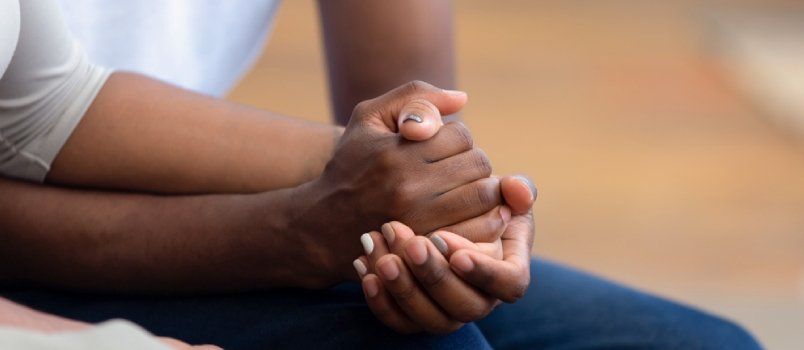
Health Benefits of Strong Relationships
Throughout your life, the number and strength of your relationships affect your mental and physical wellbeing. The benefits of social connections and good mental health are many. Strong, healthy relationships include lower rates of anxiety and depression, higher self-esteem, greater empathy, more trusting and cooperative relationships. It can also help to strengthen your immune system, help you recover from disease, and may even lengthen your life.
Loneliness can have dramatic consequences for your health. It can lead to disrupted sleep patterns, elevated blood pressure, and increased stress. It can affect your immune system and decrease your overall sense of contentment. Loneliness is also a risk factor for antisocial behavior, depression, and suicide.
Teenagers and people in their 20s are at risk when they are isolated. A lack of social relationships can have a direct impact on a young person’s physical wellbeing by increasing the risk of obesity, inflammation, and high blood pressure.
The benefits of social ties are significant, even if your other mortality risk factors (such as socioeconomic status, smoking, drinking, obesity and lack of physical activity) are low. Even if you live a healthy life, you still need to be socially active to stay well and happy.
It is important to recognize that loneliness differs from solitude. Feeling lonely is a problem, but being alone may not be a problem at all. Many people live alone and have happy, fulfilling
lives.
There are three types of connections that you can have with people:
- intimate connections – with people who love and care for you
- relational connections – with people who you see regularly and share an interest with
- collective connections – with people who share a group membership or an affiliation with you
One way to strengthen your social connections is to reach out to the people you already know, such as family, school friends or neighbors. Call someone, or write or email them and let them know you would like to be in touch more often. Have a coffee or a meal, or to listen to music, have a round of golf or play chess. Think about the interests you share. Facebook and other social media are also great ways to stay in touch.
There are lots of ways to meet new people. Start a conversation with some people you see every day, such as the people on your bus each morning, people at the gym or the park, or the regular checkout operators at your supermarket.
Other ideas include joining a sports team, walking, hobby group, volunteering, or visit your local community center or library – there is always something happening in your community. Not all strategies will work for everyone, so try some different approaches to see what works for you. If the first thing you try does not work out, try something different.
Social ties affect not only your personal health but also extend to broader society. People who spend more time with each other forge happy, productive communities.
